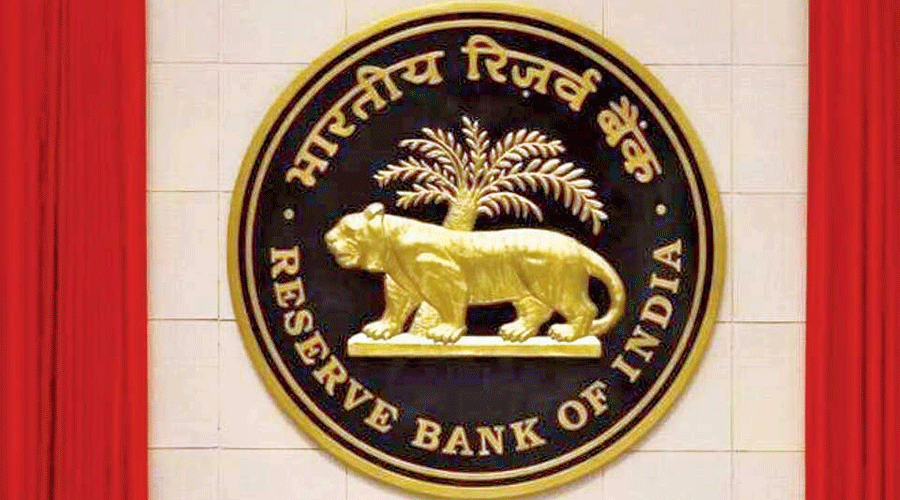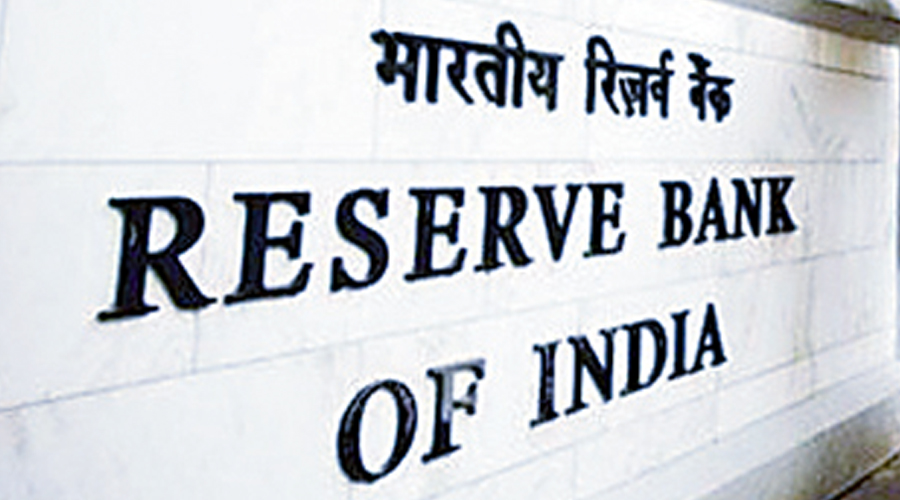The finance ministry and the Reserve Bank of India (RBI) are in discussions on the inflation trajectory amid the easing of global commodity and crude oil prices. A Reuters poll of economists forecast retail inflation at a five-month low in July at 6.78 per cent. But it is still above the RBI’s upper threshold of 6 per cent. The official July inflation data will be released soon.
The government is in regular engagement with the RBI to tame inflation, finance ministry sources said, adding that the Centre is on “watch mode” on the edible oil prices and expects them to stabilise.
They clearly stated that no new measures were planned to boost dollar inflows. They also did not indicate any immediate supply-side measures to ease inflationary pressure. The ministry was keeping a watchful eye on the monsoon rain spread as it would have a significant impact on bringing down food inflation and also boost economic growth. Food prices, which account for nearly half of the consumer price index basket, softened last month.
But the bulk of the slowdown came from an easing in international prices and the lagged effect of government interventions to reduce import duties and restrictions on wheat exports. While the widening trade deficit and depleting forex reserves because of higher import bills had raised alarm bells for the current account deficit (CAD), the finance ministry officials said the situation should stabilise soon.
They said the 7 per cent decline in rupee value against the dollar this year was not worrisome, and the government and RBI are confident of managing the situation. “The government and RBI are monitoring the rupee movement continuously. There is no further measure on cards to encourage inflow of dollars,” the officials said.
Regarding concerns of a balance of payments crisis, where India may not have enough forex to pay for imports, the source said since prices of crude oil and electronic items have come down, CAD should not pose a major challenge.
“It should stabilise soon.” Prices of crude, the single biggest commodity that India imports, have come down to $95-96 per barrel from $110 last month, giving relief to importers. Edible oil, crude and fertiliser prices have also fallen in the recent past, the source said, adding a normal monsoon would bring down the prices of foodgrains and further ease inflation. “We are not going to relent till inflation eases to a tolerant level,” they added. But the near-term inflation outlook remains highly uncertain because a weak rupee currency.
(With inputs from Reuters)












